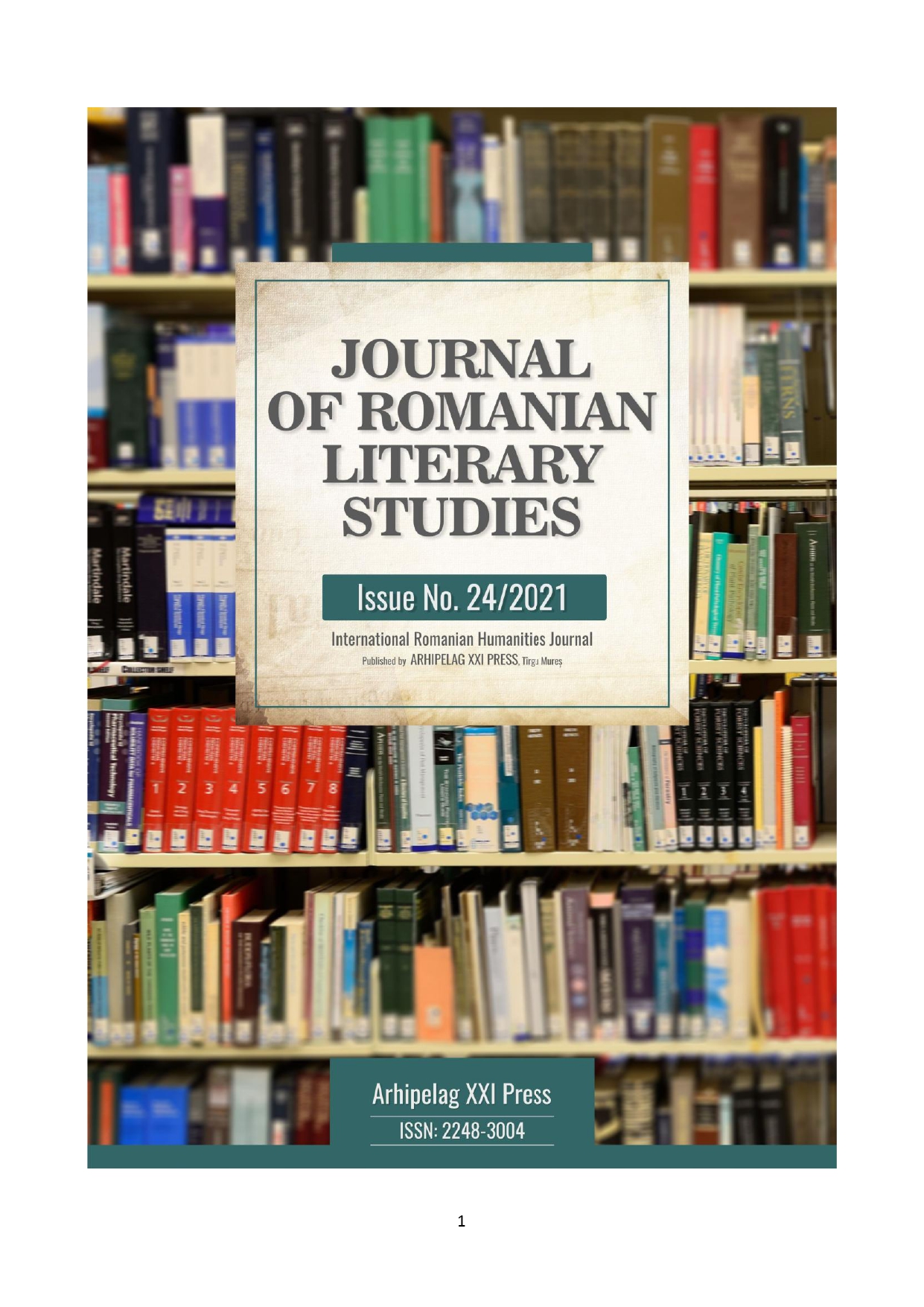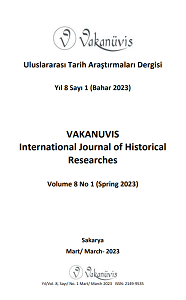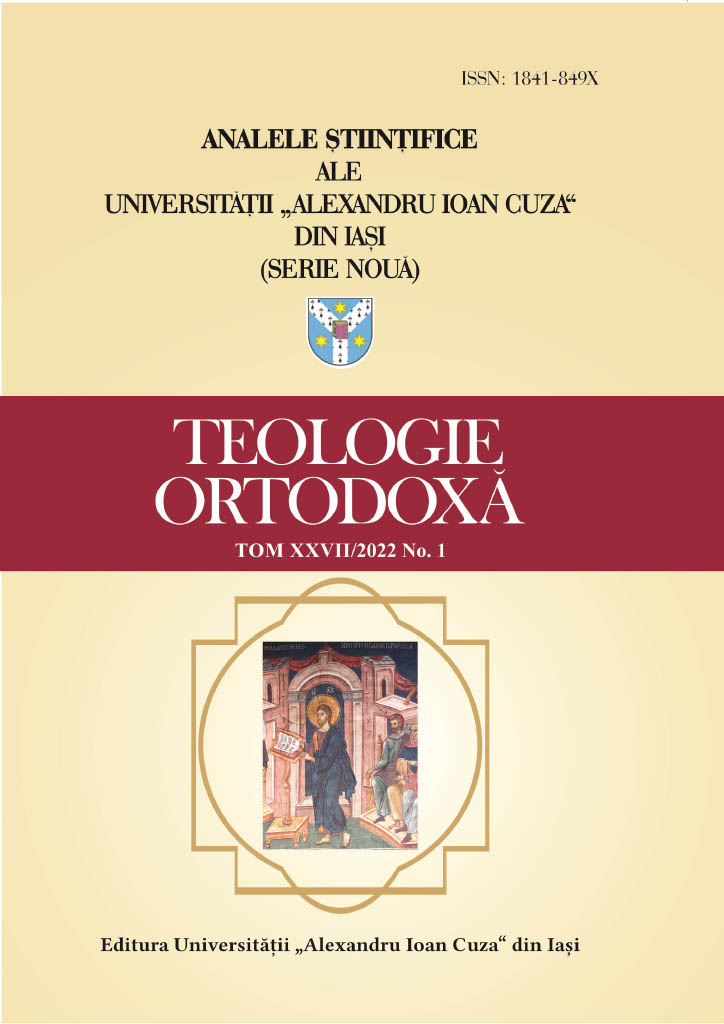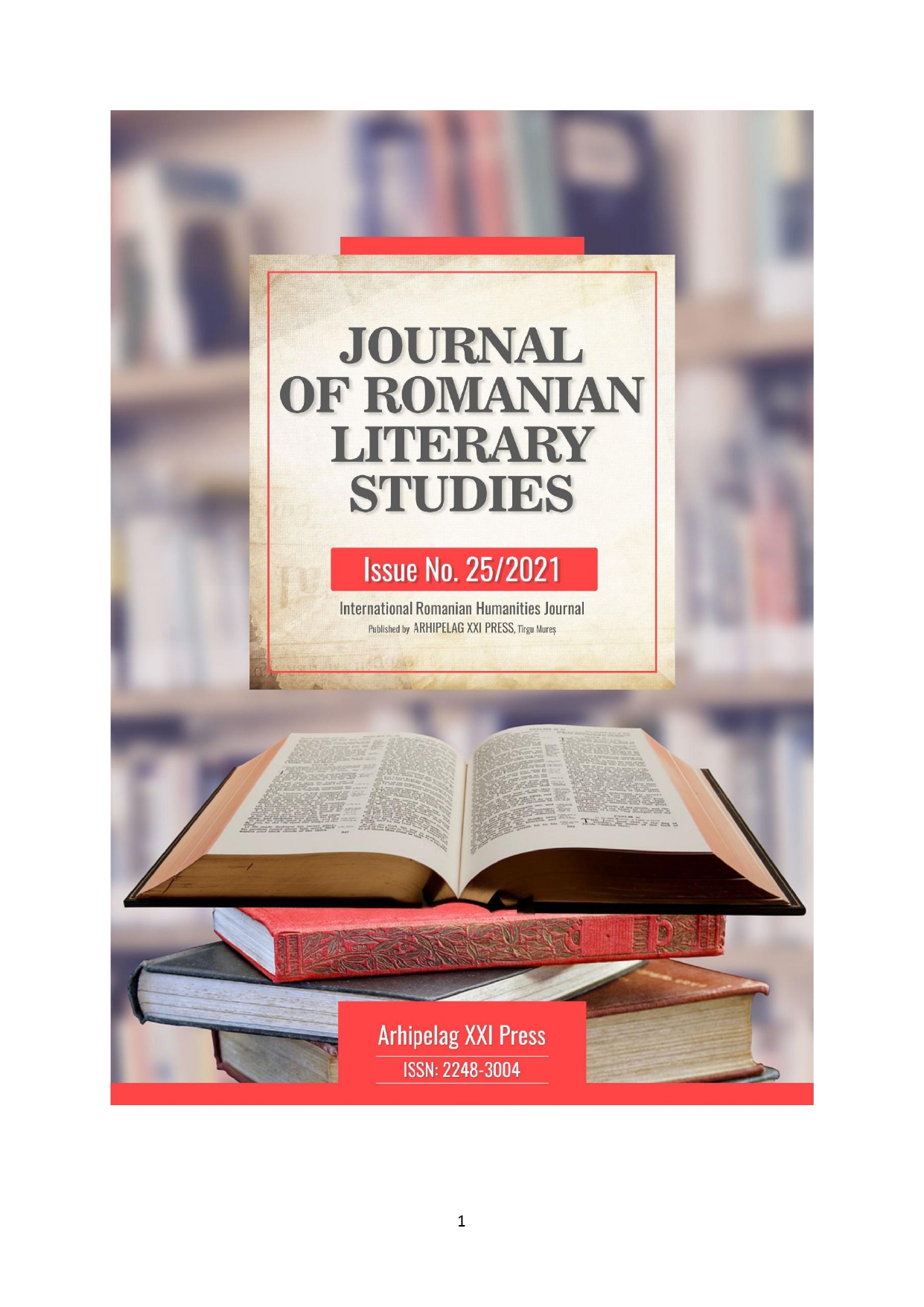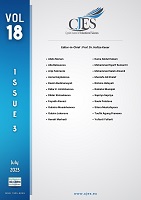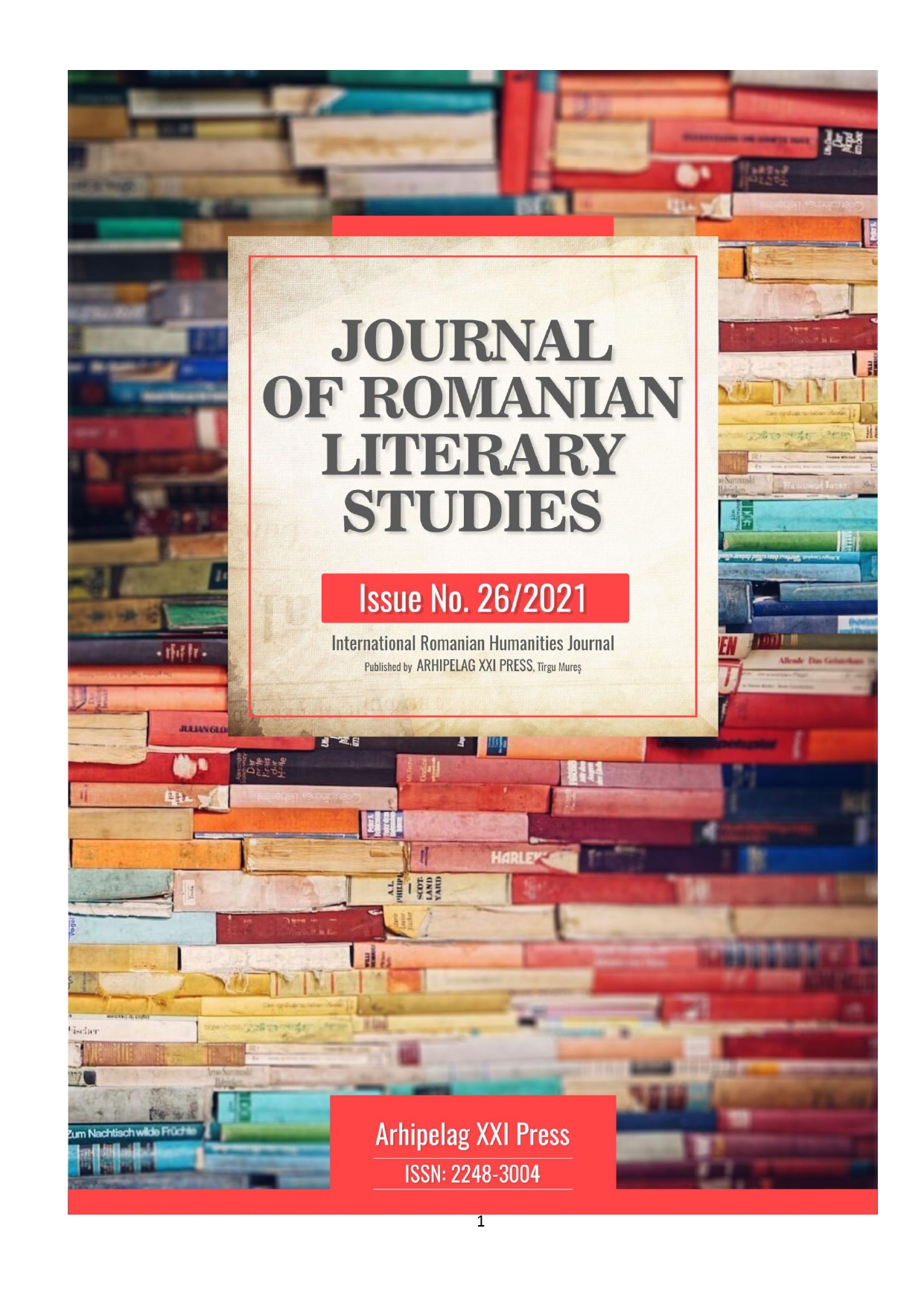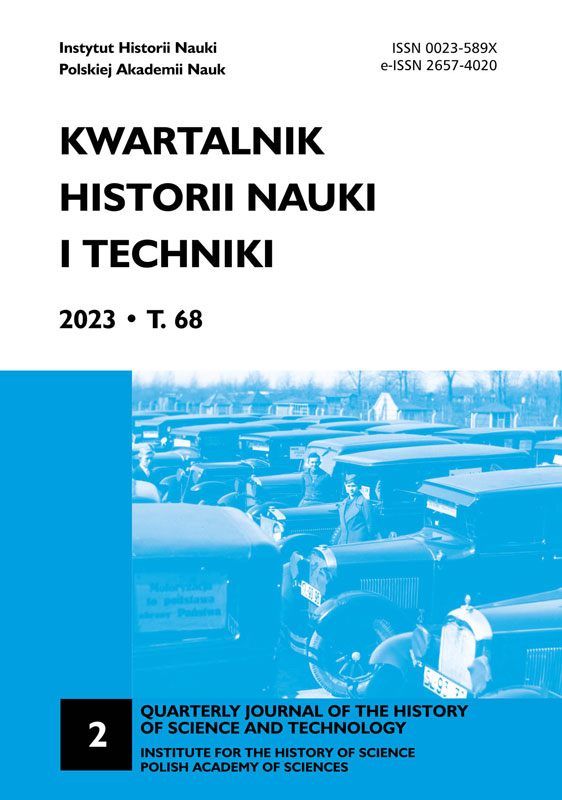
Biografia inżyniera Jerzego Budzyńskiego (1892-1979) na podstawie zasobu archiwalnego Instytutu Badawczego Dróg i Mostów
The article describes the life of Jerzy Budzyński, born in 1892 in Warsaw, a student of the gymnasium branch of the Warsaw E. Konopczyński School, a student of the Belgian University of Liège, and a graduate of the Warsaw University of Technology. Fragments of his unpublished diary show how Polish independence organizations were formed in the early 20th century: the Association of Polish Progressive and Independence Youth “Filarecja”, the Union of Active Struggle, the Riflemen’s Association, and the Polish Military Organization. The content of the justifications for the applications for the threetime decoration of the Cross of Valor document Jerzy Budzyński’s participation in the capture of the Mokotów Airport in Warsaw in November 1918 and the self-sacrificing fight in defense of Łomża against the Soviet III Cavalry Corps of Gai-Khan (Gai Dmitrievich Bzhishkyan), at the end of July 1920. During the interwar period, Budzyński was the head of the Road Traffic Division of the Road Department in the Ministry of Transport, creating conditions for the development of road transport and the construction of modern roads in Poland. After the war, as the head of the Poviat Road Administration in Grójec, he rebuilt roads and bridges, e.g. using bridge structures donated by the United Nations Relief and Reconstruction Administration (UNRRA). Budzyński ended his professional career working at the Central Research and Development Center for Road Technology (currently the Road and Bridge Research Institute) as the manager of the Center for the Scientific, Technical and Economic Information and Documentation, disseminating world achievements in road technology in Poland. Jerzy Budzyński’s personal file has been preserved in the archives of the Road and Bridge Research Institute, containing source documents of great value for research on the history of Poland in the 20th century.
More...
